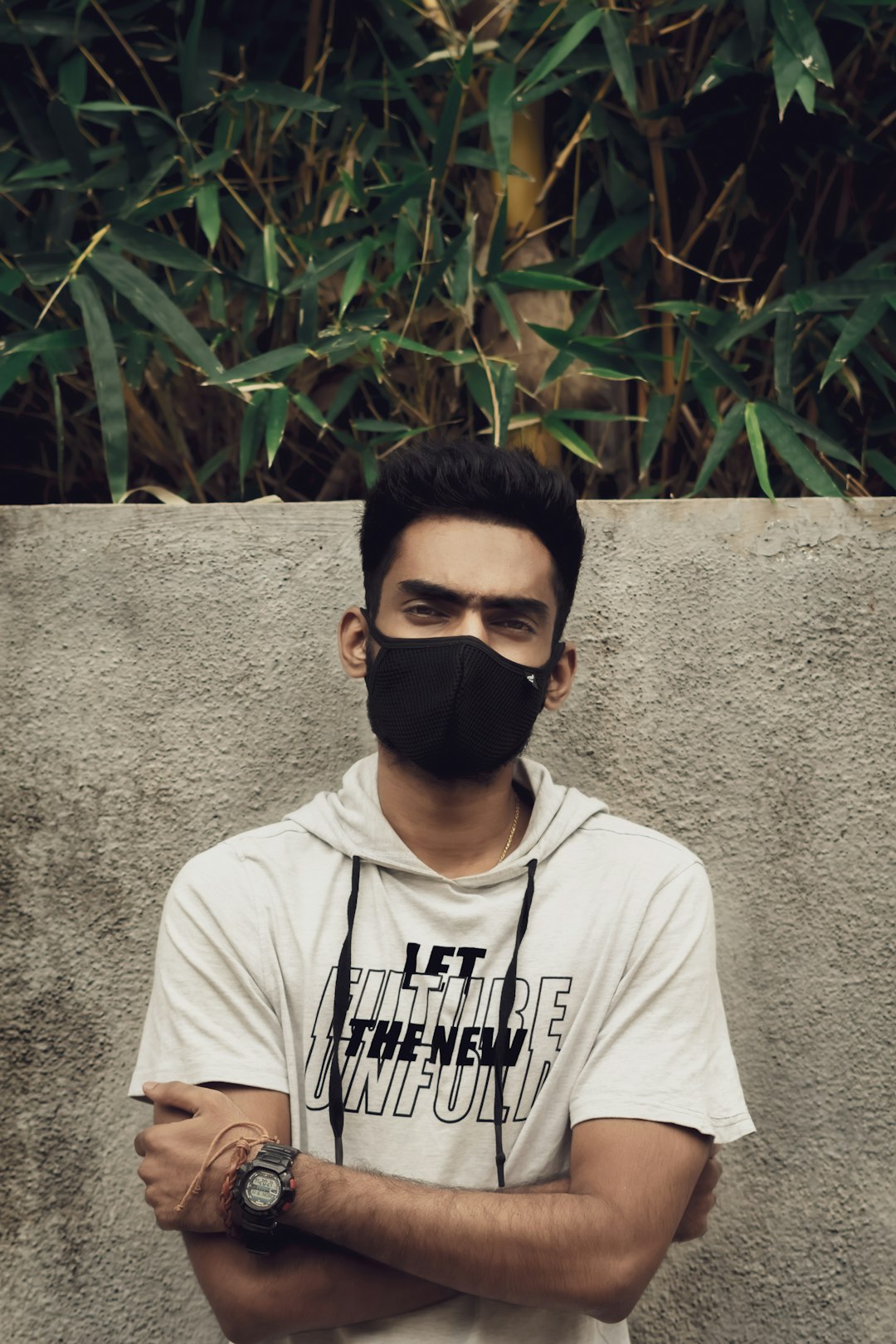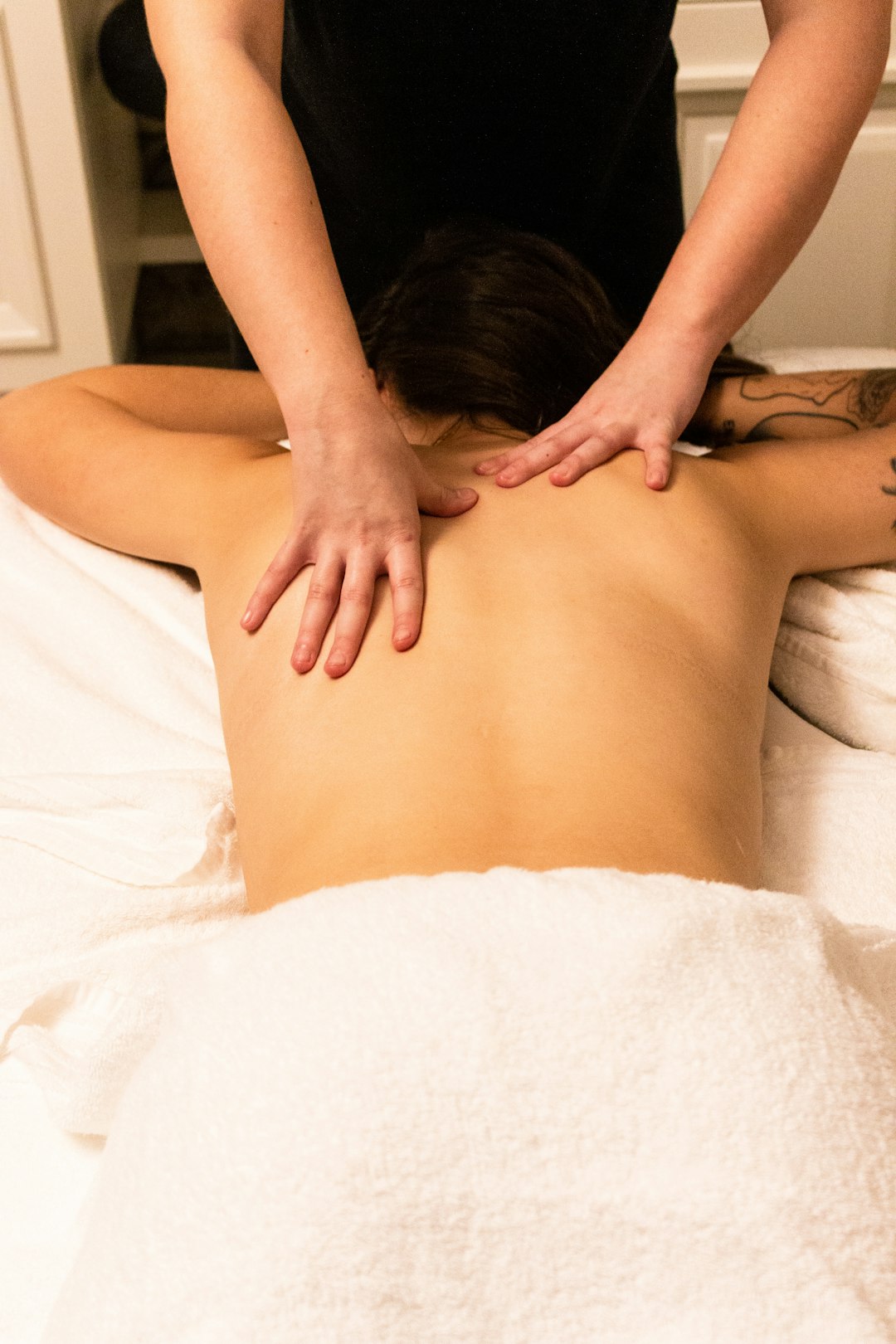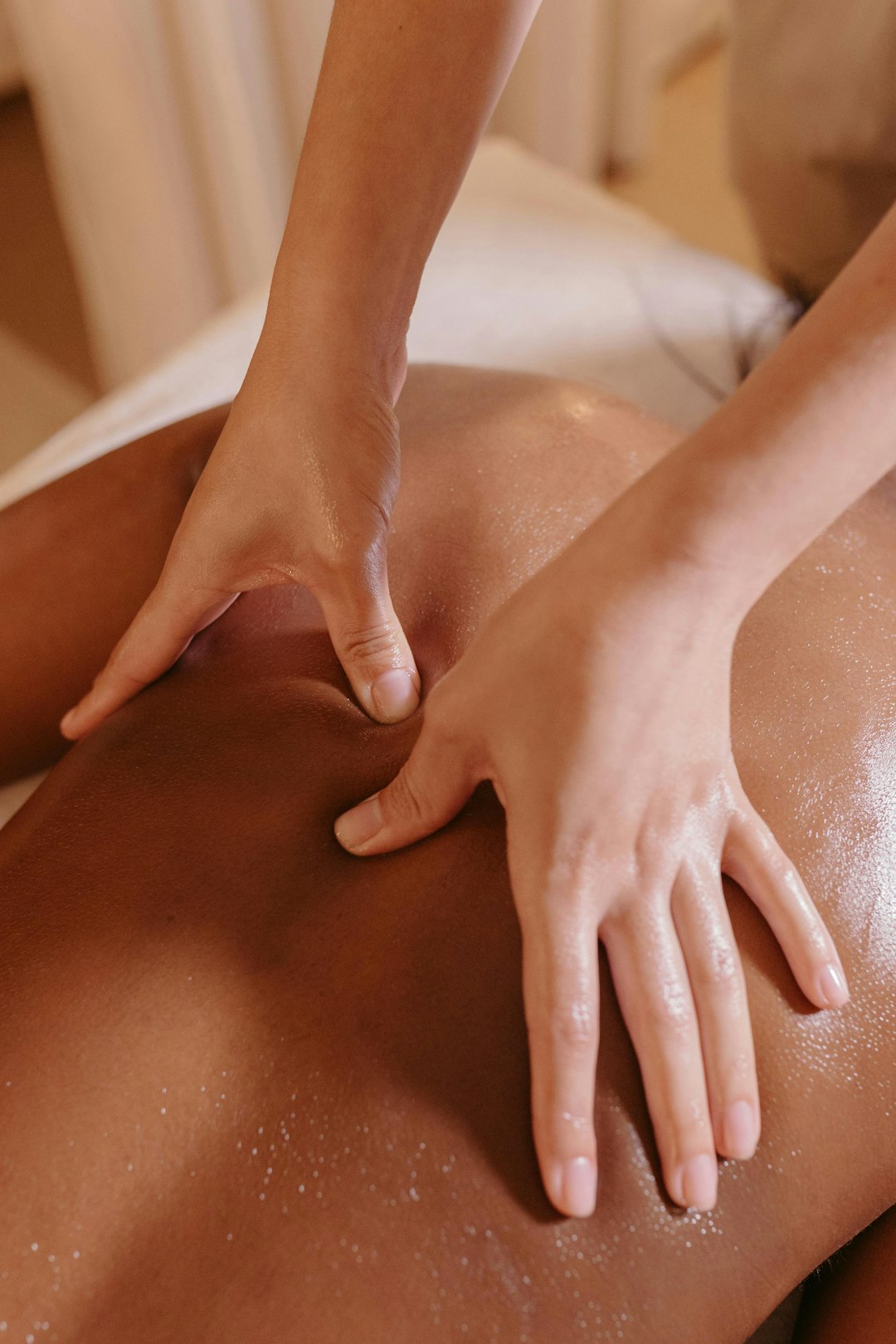Rape myths deeply embedded in society significantly influence jury decisions in sexual assault cases in Buffalo, NY. Buffalo's legal community, with its robust presence of rape attorneys, actively challenges these myths and educates juries to ensure fair trials for victims. By addressing the impact of rape myths, these attorneys protect victims' rights, secure accurate outcomes, and play a crucial role in the city's legal landscape, while contributing to unconscious bias training efforts. Recent case studies provide valuable insights for Buffalo-based rape attorneys, emphasizing the importance of juror education about sexual assault realities and debunking common myths to ensure fair decision-making.
Rape myths—pervasive beliefs that distort reality and compromise justice—significantly influence jury decisions in sexual assault cases. This article delves into the intricate relationship between these myths and legal outcomes, focusing on Buffalo, NY, where rape attorneys face unique challenges. We examine strategies employed by these advocates and analyze recent case studies to highlight the impact of jury dynamics shaped by societal misconceptions. Understanding these factors is crucial for enhancing legal representation and ensuring fair trials in sexual assault cases.
Understanding Rape Myths and Their Impact on Jury Decisions
Rape myths, deeply ingrained in societal perceptions, significantly influence jury decisions involving sexual assault cases. These myths, often perpetuated through media and culture, can shape public opinion and bias, impacting how jurors interpret evidence and evaluate witness testimonies. For instance, common misconceptions like “she asked for it” or “it wasn’t rape if they were drunk” not only misrepresent the complexities of sexual violence but also discourage victims from coming forward.
In Buffalo NY, where a strong presence of rape attorneys is crucial in combating these myths, legal professionals play a vital role in dismantling societal narratives that hinder justice. They strive to educate juries, presenting evidence-based facts and challenging stereotypes to ensure fair trials. By addressing the impact of rape myths on jury decisions, Buffalo’s legal community contributes significantly to protecting victims’ rights and achieving accurate outcomes in sexual assault cases.
The Role of Rape Attorneys in Buffalo, NY: Strategies and Challenges
In Buffalo, New York, rape attorneys play a pivotal role in navigating complex legal landscapes surrounding sexual assault cases. These specialists employ strategic approaches to challenge common rape myths that often permeate judicial processes. One key strategy is discrediting the notion of victim blame, highlighting the importance of holding perpetrators accountable rather than judging survivors. Rape attorneys meticulously construct their cases, leveraging evidence and expert testimony to counteract preconceived notions that can unduly influence jury decisions.
Challenges faced by rape attorneys in Buffalo include dealing with a sensitive subject matter that evokes strong emotional responses from jurors. They must navigate a delicate balance between presenting compelling evidence and ensuring the privacy and dignity of survivors. Additionally, the city’s legal community has been working to improve training on unconscious bias, given the historical influence of rape myths on jury deliberations. These attorneys’ dedication contributes significantly to advocating for justice and ensuring fair trials in Buffalo, NY, where they confront both societal prejudices and legal complexities.
Analyzing Recent Case Studies: Lessons Learned from Buffalo Juries
Recent case studies in Buffalo, New York, involving jury decisions in rape cases offer valuable insights for legal professionals specializing in sexual assault cases. These trials highlight the ongoing challenges and complexities surrounding rape myths and their impact on judicial proceedings. By examining these cases, rape attorneys in Buffalo NY can gain a deeper understanding of how juries interpret evidence and perceive survivors, leading to more effective strategies in representation.
One prominent lesson from these studies is the need for comprehensive education among jurors about the reality of sexual assault dynamics. Juries often face the challenge of separating fact from fiction, especially when it comes to common rape myths. Buffalo juries’ verdicts suggest that raising awareness about survivor experiences and debunking stereotypes can significantly influence fair decision-making. This knowledge empowers rape attorneys to advocate for their clients more effectively, ensuring that the legal process reflects the true nature of these sensitive cases.





